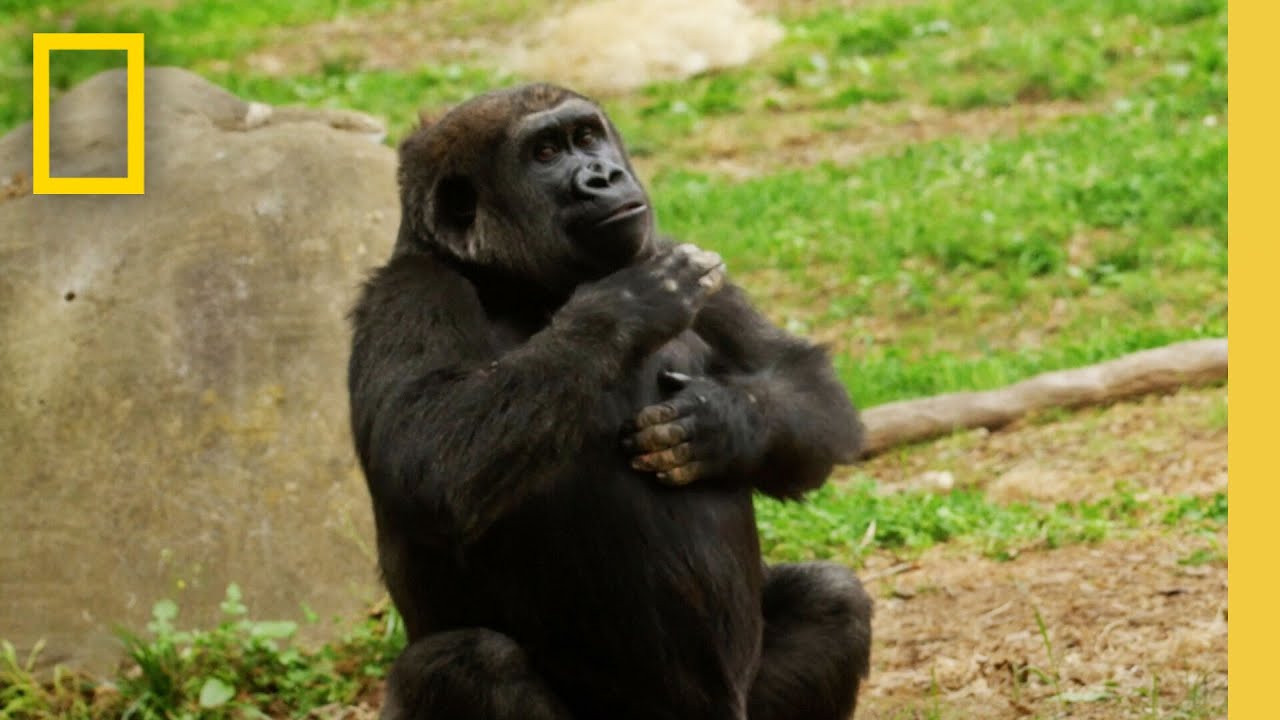– Discover the fascinating world of great apes with National Geographic’s immersive video experiences
– Learn about the critical conservation efforts to protect these magnificent creatures
– Explore the role of zoos in education, conservation, and the management of endangered species
– Understand the behaviors and social structures of great apes through detailed observations
– Highlighting the importance of sustainable practices to ensure the future of great apes
Enter the Kingdom of the Great Apes with National Geographic, which offers an unprecedented opportunity to explore the lives of some of the planet’s most compelling and intelligent creatures. Through stunning visuals and engaging storytelling, the series invites viewers to deepen their understanding of great apes, their habitats, behaviors, and the critical challenges they face in the wild. This article aims to enrich your knowledge base by delving into the scientific, conservation, and moral aspects of the relationship between humans and great apes.
Great apes, including gorillas, chimpanzees, orangutans, and bonobos, share a remarkable array of emotions, social structures, and cognitive abilities with humans. These animals construct complex relationships, utilize tools for various tasks, and exhibit various emotions, mirroring aspects of human societies. By observing them in their natural environments, researchers and conservationists gain insights into their world, underlining the importance of preserving such habitats against encroaching threats.
Conservation efforts for great apes involve habitat preservation, anti-poaching activities, and public education campaigns. Habitat destruction due to logging, mining, and agriculture represents the most substantial threat to these species, pushing them toward extinction. Illegal wildlife trade also poses a significant risk, not only to individual animals but also to the stability of ecological systems. Organizations like National Geographic partner with local communities, governments, and international bodies to counter these threats, employing strategies that promote sustainable development alongside wildlife protection. These initiatives often emphasize the economic benefits of conservation, such as eco-tourism, to encourage local and national support for their cause.
Zoos play a vital role in the conservation and education ecosystem, serving as arks for endangered species and as educational centers to promote awareness and empathy towards wildlife. Modern zoos focus on scientific research, conservation breeding programs, and creating enclosures that mimic natural habitats to support resident animals’ physical and psychological well-being. By fostering a direct connection between humans and wildlife, zoos inspire visitors to consider their impact on the planet and how they can contribute to conservation efforts.
Studying great apes’ behaviors and social structures offers valuable insights into the complexities of their lives and the evolutionary paths that have shaped their development. For instance, the matriarchal societies of bonobos, characterized by female dominance and cooperative care for offspring, contrast with the gorillas’ more patriarchal and hierarchical societies. These observations highlight the diversity of social strategies among great apes, further stressing the need to protect these animals in their diverse habitats to preserve their natural behaviors.
Sustainable practices, from reducing deforestation to supporting eco-friendly products, play a crucial role in ensuring the future of great apes. Consumers can contribute by making informed choices, such as opting for products certified by the Roundtable on Sustainable Palm Oil (RSPO) to combat habitat destruction linked to palm oil production. Such actions, though seemingly small, can have a significant impact when adopted by communities across the globe.
Enter the Kingdom of the Great Apes with National Geographic does more than showcase the beauty and complexity of these animals; it serves as a call to action. By engaging with this content, audiences are reminded of the interconnectedness of life on Earth and humans’ responsibility to protect the natural world. The challenges facing great apes are dire, but there is hope for their preservation through collective action and sustainable practices. Through education, conservation, and thoughtful engagement with the natural world, society can work towards a future where humans live in harmony with our closest animal relatives.
*****
Source Description
Prepare to enter the kingdom of the incredible species of great apes. “Kingdom of the Planet of the Apes” is now playing only in theaters.
Join National Geographic’s Tim Laman and Cheryl Knott in conversation with Zoo Atlanta curator of primates Jodi Carrigan about the remarkable great apes: orangutans, bonobos, chimpanzees and gorillas.
Enjoy a free trial of National Geographic right here: https://ngmdomsubs.nationalgeographic.com/servlet/OrdersGateway?cds_mag_code=NG9&cds_page_id=
➡ Subscribe: http://bit.ly/NatGeoSubscribe
And check out more National Geographic series and specials here:
➡ Disney Plus: https://on.natgeo.com/3q6on5p
➡ Hulu: https://on.natgeo.com/3Qor0Ko
➡ NGTV app: https://www.nationalgeographic.com/tv/
➡ ABC app: https://abc.com/
#NationalGeographic #KingdomOfTheGreatApes
About National Geographic:
National Geographic is the world’s premium destination for science, exploration, and adventure. Through their world-class scientists, photographers, journalists, and filmmakers, Nat Geo gets you closer to the stories that matter and past the edge of what’s possible.
Get More National Geographic:
Official Site: http://bit.ly/NatGeoOfficialSite
Facebook: http://bit.ly/FBNatGeo
Twitter: http://bit.ly/NatGeoTwitter
Instagram: http://bit.ly/NatGeoInsta
TikTok: http://www.tiktok.com/@natgeo
Tenor: http://on.natgeo.com/31b3Koc
Enter the Kingdom of the Great Apes with National Geographic
National Geographic
https://www.youtube.com/natgeo


